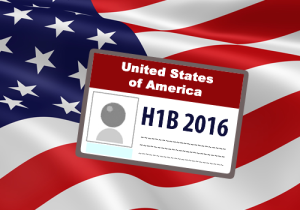US House Bill Proposes Barring Certain Companies from H-1B and L-1 Visas
A bipartisan bill will be introduced in the House of Representatives to bar certain companies from obtaining H-1B, L-1A, and L-1B visas for their employees. Those companies are those that employ over 50 employees and have over 50% of their US workforce on H-1B or L-1 visas. Democratic Congresspersons Bill Pascrell from New Jersey and Republican Dana Rohrabacher from California have joined for the H-1B and L Visas Reform Act of 2016. The Congresspersons will introduce this bill because they see foreign companies as insourcing and exploiting foreign workers to abuse visa programs and undercut the American workforce. An interesting side note is that New Jersey and California are two of the states that have the largest concentrations of Indians (both Indians and Indian-Americans) and immigrants in general.
Both Congresspersons introduced similar legislation in 2010 that failed to gain any traction. This legislation comes off the heels of instances of H-1B fraud and additional fees imposed on companies that have over 50 employees and over 50% on H-1B or L visas.
Certain websites have headlines, such as US Lawmakers Introduce Bill to Prevent Indian Firms from Hiring on H-1B, L1 Visas. The headlines are not necessarily provocative as to point out blatant discrimination. The reason is that Indian IT firms are among the highest users of the H-1B and L visas. Their business model relies heavily on bringing foreign nationals to work in the US on H-1B and L visas. Indian nationals are the number one beneficiary of H-1B visas.
